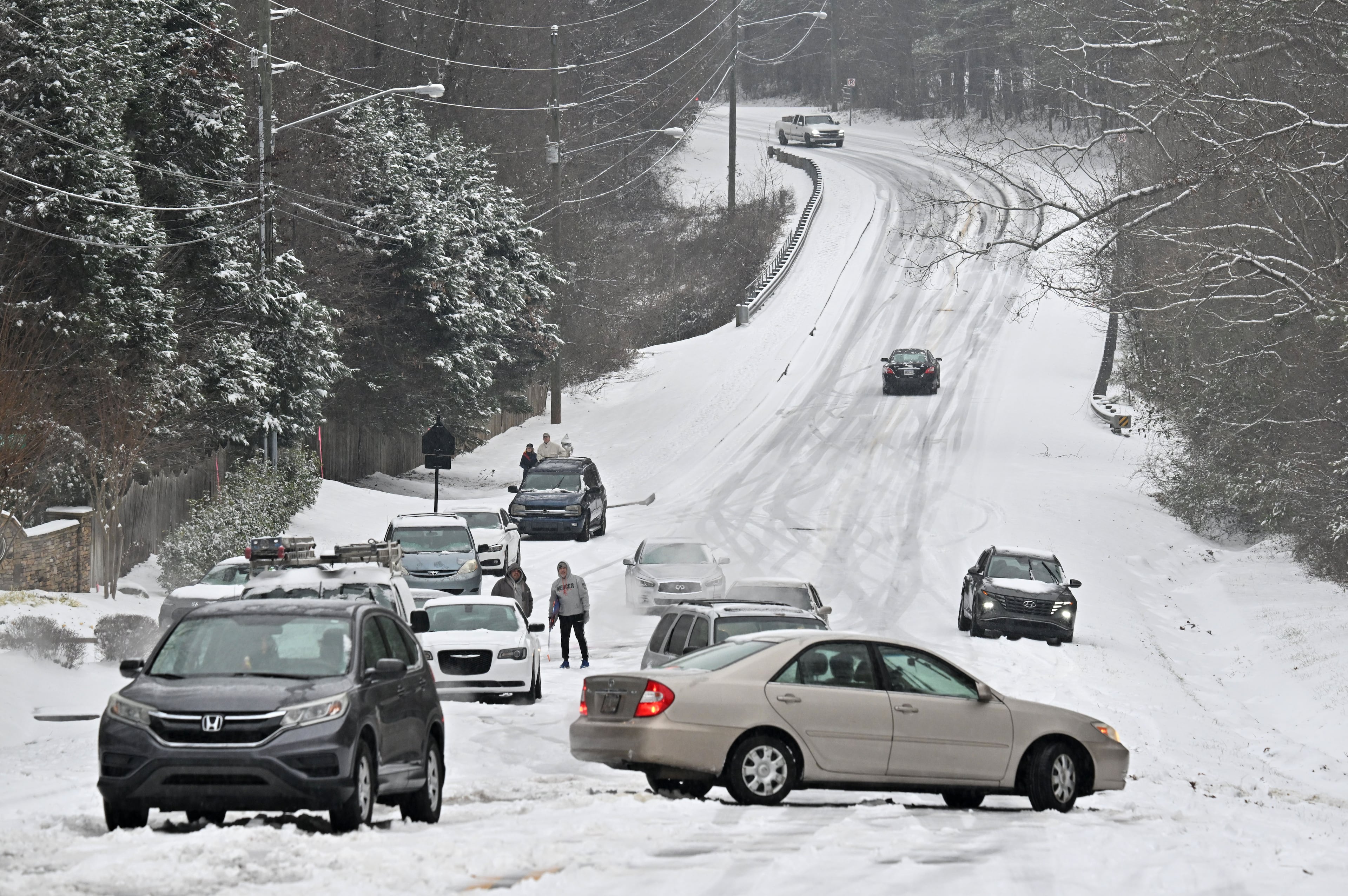Appeals court grants immunity to Georgia housing authority

A state appeals court has granted immunity to the City of Augusta Housing Authority, ruling the public agency is shielded from negligence claims of a woman shot in the leg at an apartment complex.
In a decision that could have far-reaching consequences for tenants bringing claims against public housing authorities, the three-judge panel of the Georgia court of appeals affirmed a trial court’s finding that the housing authority could not be held liable after Christina Guy sued the agency in the summer of 2022.
She filed the premises liability complaint after she was shot in November 2021 at the troubled Dogwood Terrace apartment complex in downtown Augusta. According to Guy, she was severely injured after the robbers demanded money and she refused. She said the assailants were able to easily enter and escape the complex, which is owned and managed by the authority.
“We conclude that because the authority is performing an essential public and governmental function on behalf of the city in its operation and management of low-income housing, it is acting as an instrumentality of the city and, therefore, is entitled to sovereign immunity,” Judge Brian Rickman wrote in the July 2 decision.
Lawyer Michael P. Walker filed a brief for the Georgia Trial Lawyers Association in support of Guy. He fears the ruling would further erode tenant rights in Georgia. He said tenants have “zero power” outside of the courts. The ruling came after concerted effort by housing authorities to support Augusta’s claim that it was immune from liability, he said.
“These housing authorities are working to deprive 200,000 people of the ability to bring claims for serious injuries if they’re hurt on the properties. Effectively it makes it so the housing authorities have no incentive to make the places safe from people getting hurt there,” he said, adding that he was not speaking on behalf of the association.
Georgia has some of the weakest tenant protections in the country, according to housing advocates. But earlier this year, Gov. Brian Kemp signed into law a bill that would provide a modicum of protection through the Safe at Home Act.
The bill was proposed on the back of the AJC’s series “Dangerous Dwellings” which exposed terrible conditions — including violent crime, rats and mold — at apartment complexes in metro Atlanta.
The housing authorities of Macon-Bibb County, Columbus and the City of Decatur had filed a brief in September 2023 in support of granting Augusta immunity.
They argued that if the court were to rule in favor of Guy, it would open the floodgates to litigation and hamper the ability of housing authorities to provide safe and affordable housing for tens of thousands of Georgia residents. Housing authorities could not recover the costs of liabilities through rent, would face higher insurance premiums and the money would come out of their operating budgets, they asserted.
“The only way to pay higher insurance premiums or a money judgment is to decrease the units of affordable housing offered, decrease the quality of services provided to tenants, or sell properties,” the authorities argued in the brief.
Christopher A. Cosper, a lawyer for the Augusta housing authority, said sovereign immunity protects the government from being sued in its own court, and argued housing authorities deserved the same protection as the city, police and libraries. He suggested premises liability lawsuits presented an existential threat to housing authorities because of the costs of litigation.
“Without sovereign immunity, every criminal act on or near a public housing authority property may result in a lawsuit,” he said in a statement.
But the Georgia Trial Lawyers Association said that for decades housing authorities had been defending against negligence claims.
“They have not identified any evidence that such cases have harmed their abilities to provide safe housing since 1938. On the other hand, granting housing authorities immunity from suit will immediately alter an already unbalanced landlord-tenant relationship,” the brief states.
Georgia State University assistant law professor Anthony Michael Kreis said Guy could appeal to the state Supreme Court, which could overturn the ruling. State lawmakers could likewise propose legislation repealing sovereign immunity for housing authorities, effectively giving tenants the power to sue them.
He said that while tenants had more power to sue private landlords for negligence, Georgia law made it “exceptionally hard” for citizens to sue the state.
“People may react viscerally to this opinion and say that it’s a miscarriage of justice,” he said. “It’s also not out of the blue and is consistent with long-standing history in Georgia.”
Earlier this year, lawmakers introduced House Bill 1108 to give housing authorities the same level of immunity as counties and cities. But the bipartisan bill failed to advance before the end of the legislative session.



